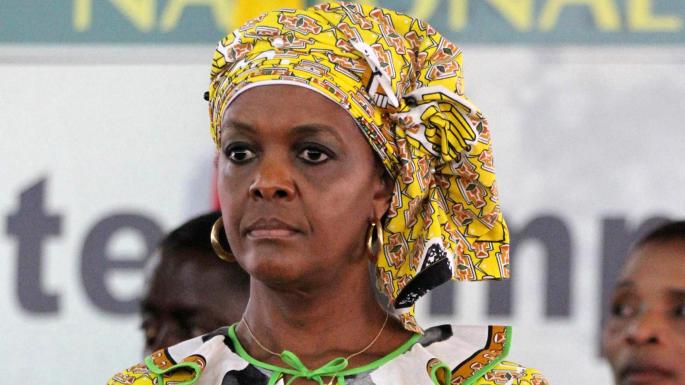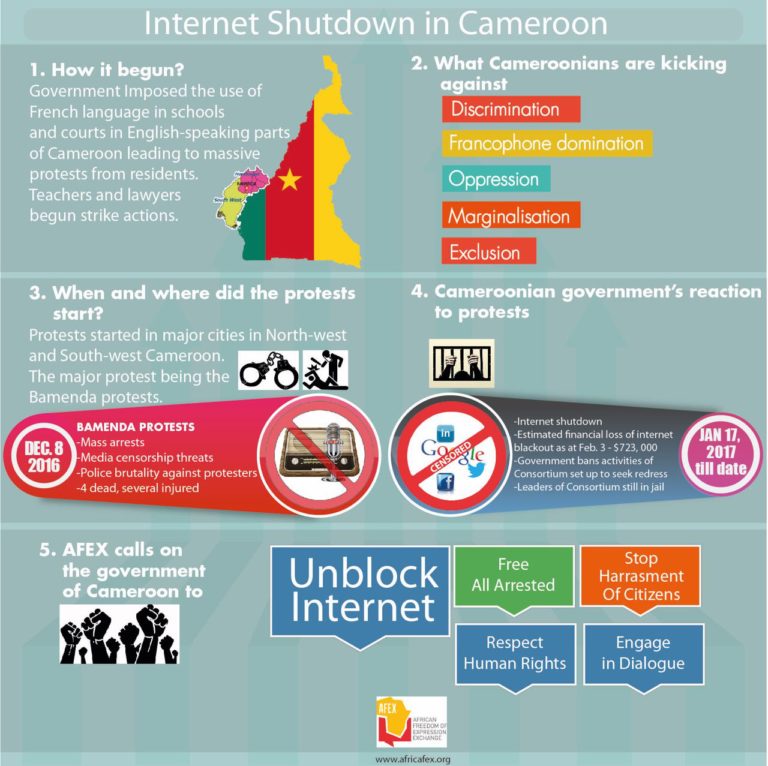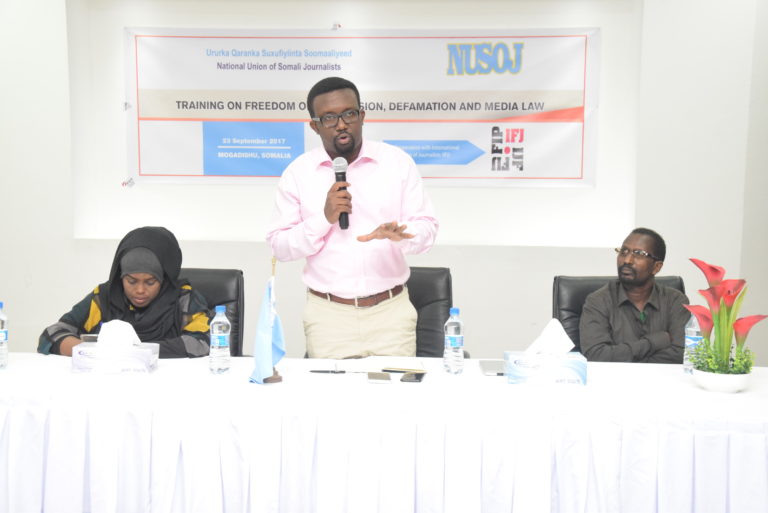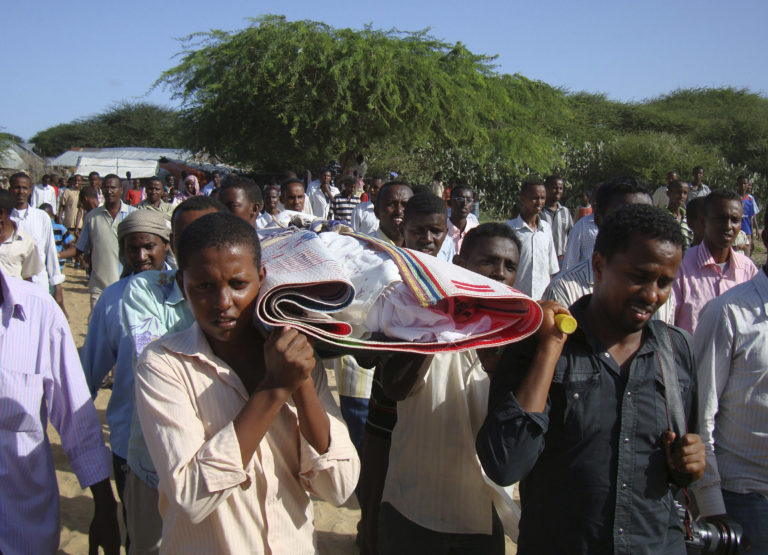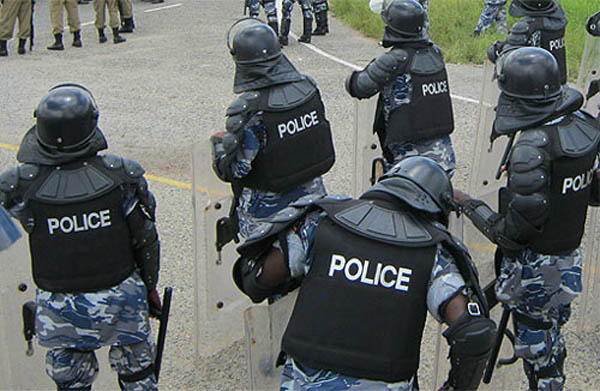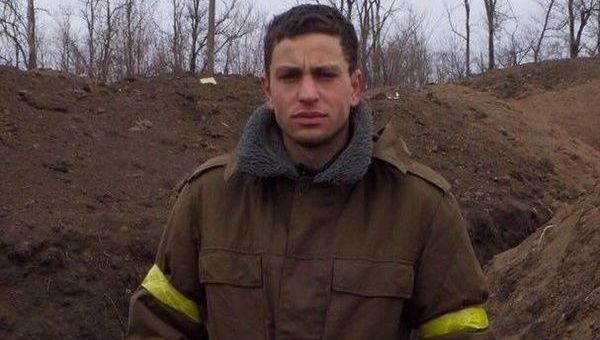This statement was originally published on mediarightsagenda.net on September 5, 2017.
Media Rights Agenda (MRA) today named the Nigeria Customs Service (NCS) into its Freedom of Information (FOI) Hall of Shame, saying its long-held reputation as one of the most corrupt government institutions in Nigeria has only been worsened by its refusal to comply with the Freedom of Information Act, 2011.
Announcing the selection of the NCS as this week’s inductee into the Hall of Shame, MRA’s Director of Programmes, Mr. Ayode Longe, noted that since the passage of the FOI Act over six years ago, the Customs had failed to comply with virtually all its duties and obligations under the Law, thereby undermining its effectiveness.
Mr. Longe said: “It is our respectful view that an agency like the NCS, which collects huge sums of money in import and excise duties as well as other taxes and levies from Nigerians, should have no discretion on whether to be transparent and accountable in all its operations. The duty to be transparent and accountable flows naturally from the nature of the institution and its functions. When this duty is further imposed by Law, as the FOI Act does, any breach of that duty should be viewed with seriousness and visited with harsh sanctions.”
According to him, “It is a viable proposition that a government agency which is persistently in flagrant violation of its duty to be transparent and accountable to citizens has no right to expect the same citizens to fulfill their duties to the institution and robs itself of the legal or moral authority to enforce compliance on the citizens while it is in continued breach of its own duties to them. Such an institution, in this case, the Nigeria Customs Service, is only sowing the seeds of anarchy which will ultimately lead to its demise in the event of a citizens’ revolt.”
Justifying the choice of the NCS for induction into the FOI Hall of Shame, MRA noted that by virtue of Section 2 of the FOI Act, the agency, like every other public institution to which the Act applies, is required to proactively disclose certain types of information even in the absence of specific requests for the information from the public and to continually update and review such information periodically and immediately whenever changes occur.
It accused the NCS of shying away from complying with this statutory obligation, which is one of the most efficient ways of providing information to citizens, of being transparent and accountable for the revenues it collects as well as in its entire operations.
MRA also observed that Section 29 of the Act places an obligation on the Customs, like other public institutions, to submit an annual FOI implementation report to the Attorney-General of the Federation, adding that since the Act was passed into Law till date, the NCS has not submitted any FOI implementation report to the Attorney-General of the Federation.
It also accused the NCS of failing to comply with Section 2(3) (f) of the Act which requires the agency to designate an appropriate officer to whom applications for information under the Act should be sent and to proactively publish the title and address of the officer.
According to the civil society organization, despite the provisions of Section 13 of the Law, there is no indication that the NCS has provided the required training for its officials on the public’s right of access to information at any time in the last six years.
MRA said it was also unable to determine how responsive the NCS has been to requests for information from members of the public because of its failure to submit its annual reports to the Attorney-General of the Federation, which would have provided the relevant information about the number of applications for information that it has received annually over the last six years and the number of such applications that it processed and granted or refused, alongside other details that it is required by the Act to provide in its report to the Federal Attorney-General.
Citing reports indicating high levels of corruption in the NCS, especially alleged corrupt transactions at seaports, airports and land borders, Mr. Longe argued that the FOI Act is a tool that facilitates openness and transparency in government, adding: “The openness and transparency that Nigeria desires as a country can only be realized through the effective implementation of the FOI Act and total compliance with its provisions, which in turn can help to check the high level of bribery and corruption prevalent in an agency like the Nigeria Customs Service.”
According to him, a National Corruption Survey report published by the National Bureau of Statistics (NBS) recently indicates that Customs officers are among Nigeria’s top bribe takers.
Mr. Longe argued that this should be a source of concern to the authorities within the Customs and the Nigerian Government in general, noting that rather than make every effort to redress its tarnished image and reputation, the management of the NCS are worsening the situation by their deliberate refusal to obey the Laws of the Land, particularly the FOI Act.
He said: “despite the pledge by the Comptroller-General of Customs, Col. Hammeed Ali (Rtd), upon assumption of office that the agency will not compromise on corruption and indiscipline among the officers corps, the ailment called corruption remains ubiquitous in the Customs.”
Media Rights Agenda launched the Freedom of Information Hall of Shame on July 3 to draw attention to public officials and institutions that are undermining the effectiveness of the Freedom of information Act, 2011 through their actions or inactions, decisions or utterances.




